Insect bites are more likely to cause scarring. Keloid scars are more prominent than the original wound caused by an insect bite. This occurs when collagen is deposited during healing. Most times, it is permanent.
You can prevent insect bites from scarring by treating the affected area with aloe gel, applying antibacterial creams, and moisturizing regularly with cocoa butter or shea butter. To promote healing, don't scratch the scars and exfoliate them gently.
This blog post will delve into practical methods and effective treatments that can successfully prevent scarring from bothersome insect bites.
How To Prevent Insect Bites From Scarring: 6 Methods

Some insects can irritate, leaving behind itchy and painful bites. Insect bites can lead to scarring if not properly managed. We will discuss measures that can help prevent scarring from insect bites.
Formal Clothing and Equipment
Insect bites can leave scars if you don't wear the right clothes or equipment. Here are a few tips to help you stay protected:
- If you live in an area where insects are active, wear long-sleeved shirts and pants.
- Dark colors attract insects, so wear light-colored clothing.
- Insects are attracted to perfumes and scented lotions.
- When camping outdoors, use a bug net or screen house to keep insects out.

Identifying Dangerous Signs of Infection
Infections that cause scarring must be detected early. The following symptoms should be reported to a medical professional as soon as possible:
- The swelling extends beyond the bite site.
- An increase in pain or warmth around the bite.
- Bite redness or streaks.
- There is pus or drainage from the bite.
- Symptoms of infection, such as fever.
Management of Bites Before They Worsen
The bite must be managed before it worsens if an insect bites you. You can help yourself by following these tips:
- Wash the bite with soap and water to remove dirt or bacteria.
- Use an ice pack or cold compress on the bite to reduce swelling and itching.
- Itching and swelling can be relieved by taking an antihistamine.
- A bite that becomes infected or shows signs of infection should be treated immediately.
Home Remedies for Insect Bites
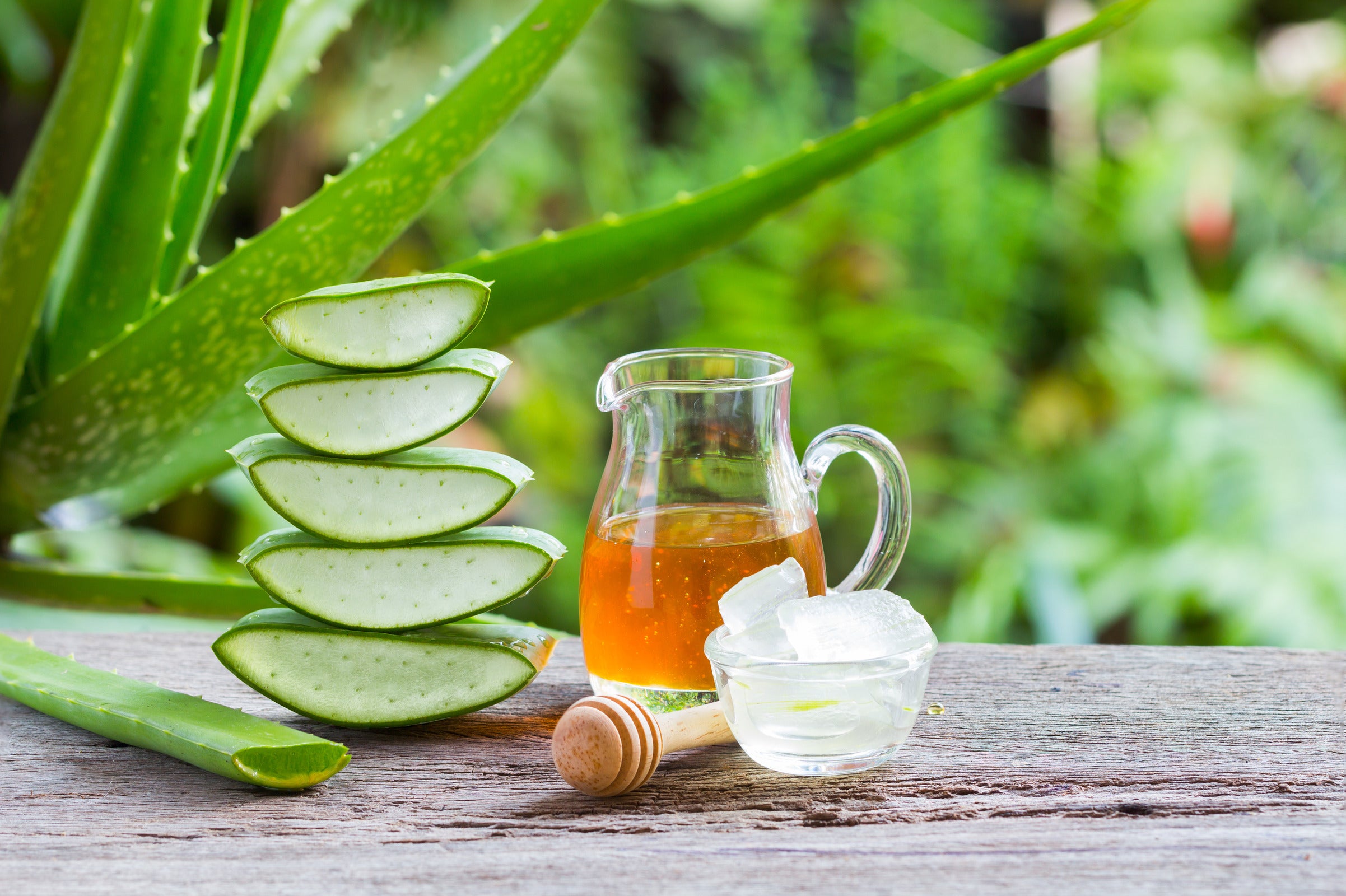
Using natural remedies can reduce inflammation and minimize scarring. Here are some home remedies that are commonly used:
- The soothing properties of aloe vera gel reduce inflammation and soothe the skin.
- When baking soda and water are mixed, a paste is formed, soothes itching and irritation.
- Infections can be prevented with tea tree oil's anti-inflammatory properties.
- Natural antibiotics like honey can reduce the risk of infection.
Minimize the Chance of Scratching and Infection
Scarring can result from scratching insect bites, so it's essential to avoid it. You can minimize the risk of scratching and infection by following these tips:
- You can reduce disease risk by keeping your nails short and clean.
- To relieve itching, apply a cream or lotion containing anti-itch ingredients.
- Distraction techniques such as playing a game or reading a book can help you deal with itching.
- A bandage or wrap the bite to prevent scratching.
Sprays for Insects
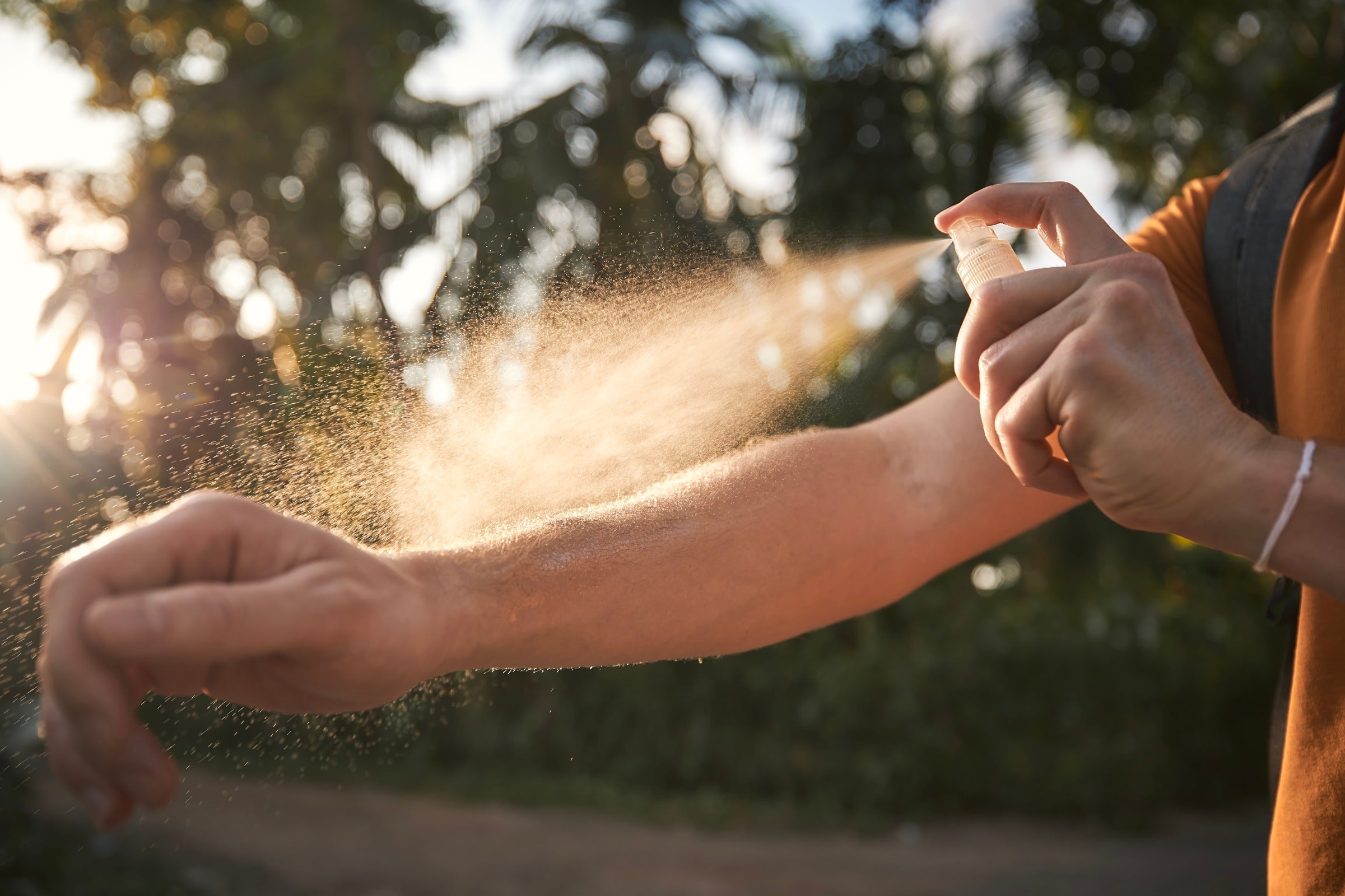
Insect sprays are another great way to prevent scarring from insect bites. A few options are listed below:
- The most popular and effective insect repellent is DEET-based, but caution is advised.
- Newer options that are less harsh on clothes and skin are picaridin-based repellents.
- Natural insect repellents from essential oils like eucalyptus, lavender, and citronella can be effective but must be reapplied frequently.
Prevent Insect Bites From Scarring: 4 Medical Treatments
Various medical treatments can help prevent scar formation and reduce their appearance. I will discuss multiple medical treatments for scar-prone insect bites to help you decide which treatment could work best for you.
Over-the-counter Medicines For Insect Bites
Over-the-counter treatments are widely available and can immediately relieve insect bites. Here are some common remedies to help prevent scarring:
- Antihistamine creams and lotions: reduce itchiness and swelling that further irritate the skin.
- Hydrocortisone creams: Reduce redness, inflammation, and itching caused by bites.

Prescription Medications For Insect Bites
If over-the-counter treatments don't work, your doctor may recommend prescription medication. Here are some prescription medications that can help reduce scarring:
- Antibiotics: Antibiotics may be prescribed if an insect bite becomes infected.
- Steroids: Creams and tablets containing steroids can reduce scarring, inflammation, and itching.
- Immunomodulators: These medications boost the body's immune response, speeding healing and reducing scarring.
Dermatologists and Insect Bite Scars
Dermatologists are specialists in skin care and can offer specific treatment and prevention options for those prone to scarring. Here are some ways dermatologists can help prevent insect bite scarring:
- To avoid bites altogether, recommend preventative measures such as applying insect repellent regularly.
- Scars caused by insect bites can be reduced with cosmetic treatments.
Medical Cosmetic Treatments
If scarring has already occurred, there are medical treatments that can minimize the appearance of scarring. Some common dermatologists offer:
- Laser treatments: Lasers resurface the skin and reduce scarring.
- Chemical peels: Chemical solutions exfoliate the skin, revealing fresher skin and reducing scarring.
- Microdermabrasion: Scrubs the skin to reveal fresher skin underneath.
Conclusion
Insect bites, an inevitable nuisance of nature, can be mitigated by implementing proper preventive measures and seeking medical help. By adopting these precautions, you can effectively minimize the impact of these bothersome bites.
Insect bites can cause scars. By following these tips and using available resources, we can prevent marks. Remember, a scarless bite improves health and well-being. Let's proactively avoid scarring from insect bites. Together, we can make a difference.

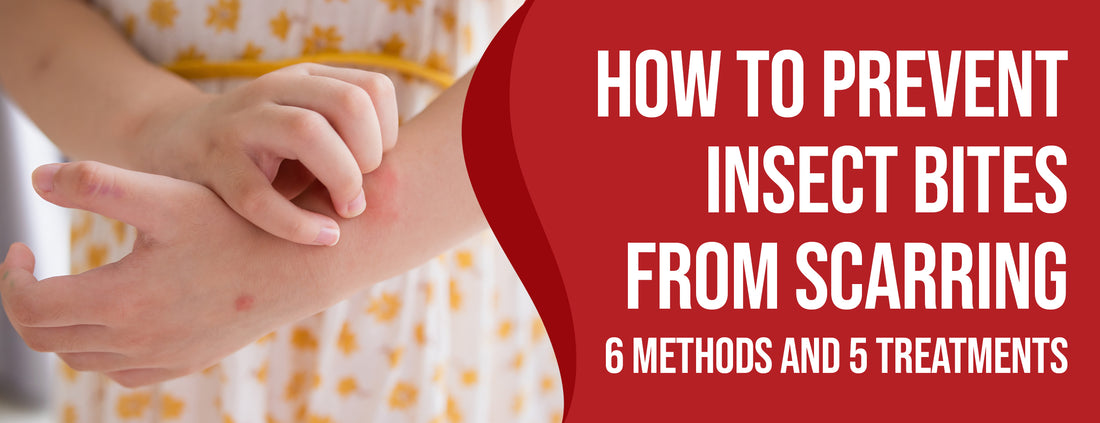








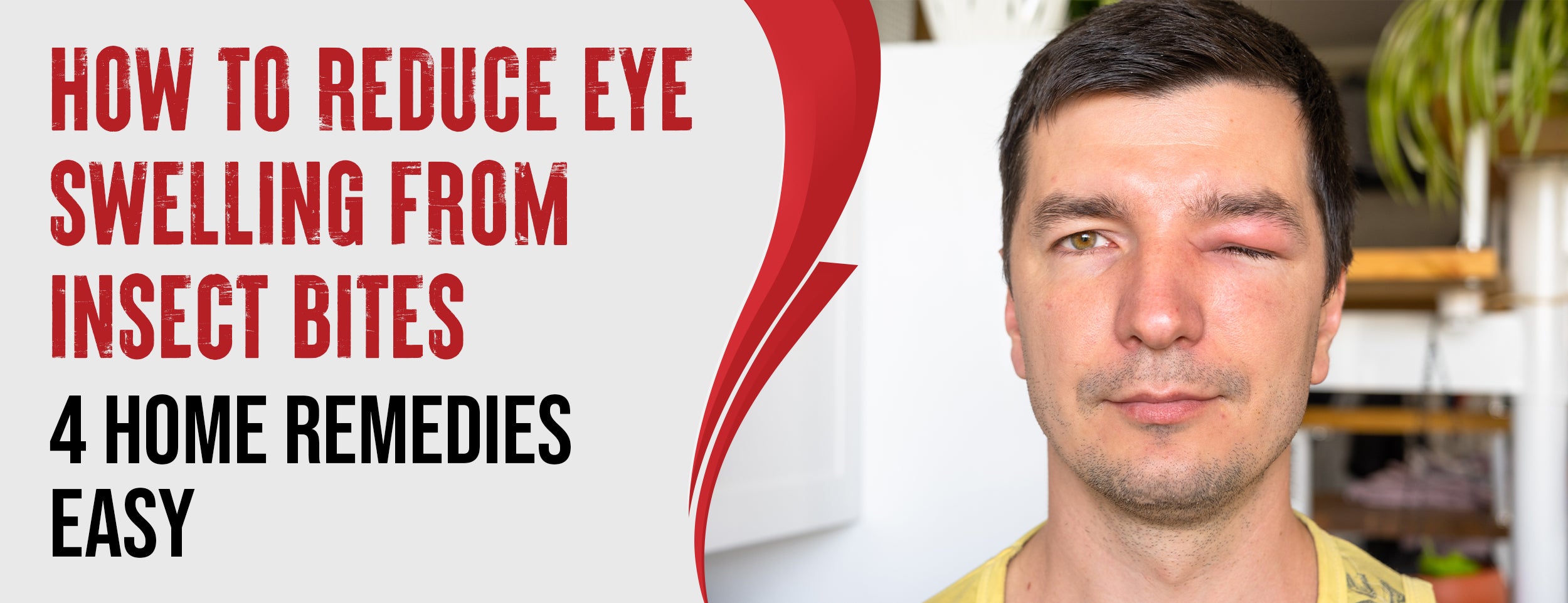
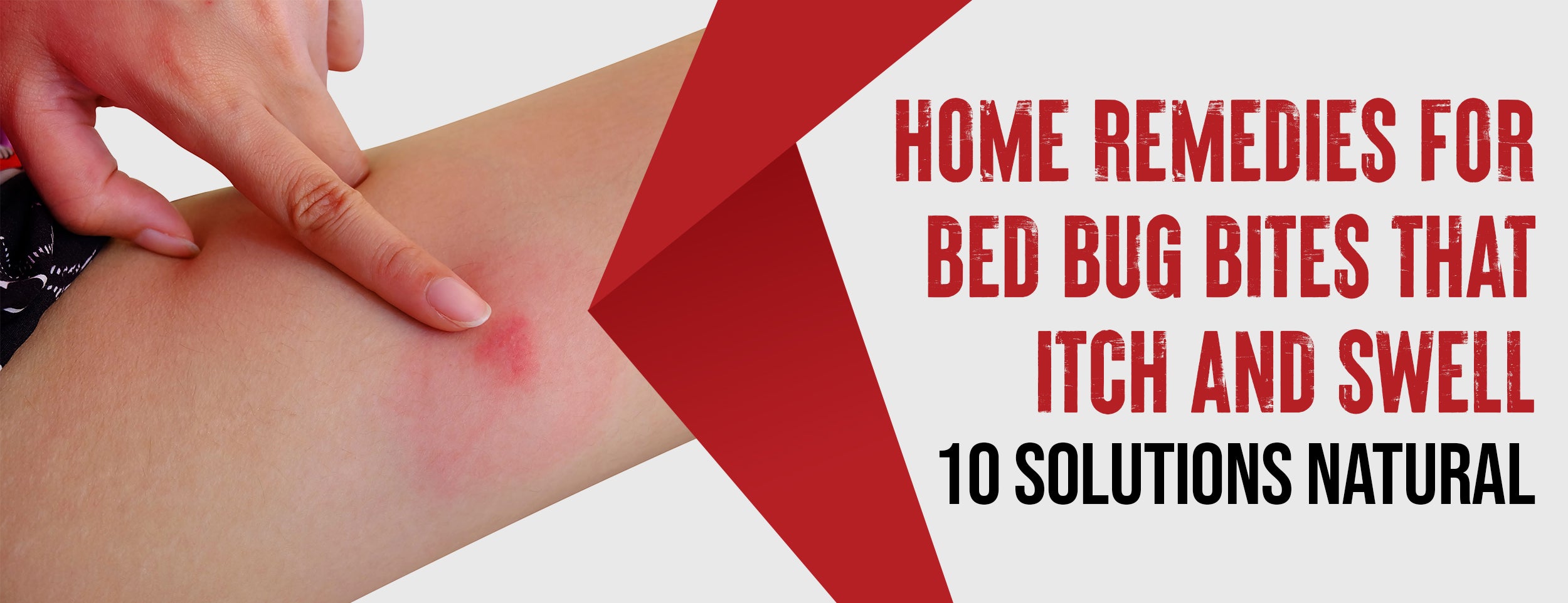
![6 Reasons Why Itches From Insect Bites Increase at Night [3 OTC Options]](http://drnumb.com/cdn/shop/articles/Why_Do_Insect_Bites_Itch_More_At_Night__6_Factors_4_Natural_Remedies.jpg?v=1709703294)

